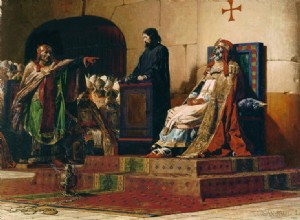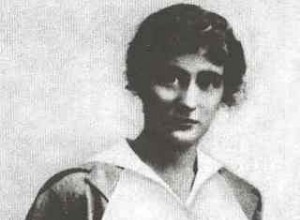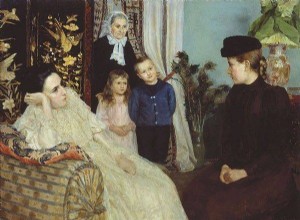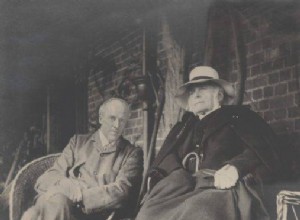Beginning of the ecclesiastical career Born in Rome in the middle of the Middle Ages, around the year 816 , from father Leone and unknown mother, Formoso he immediately undertook a training closely linked to the ecclesiastical world in the place where he was born and lived throughout his life.




